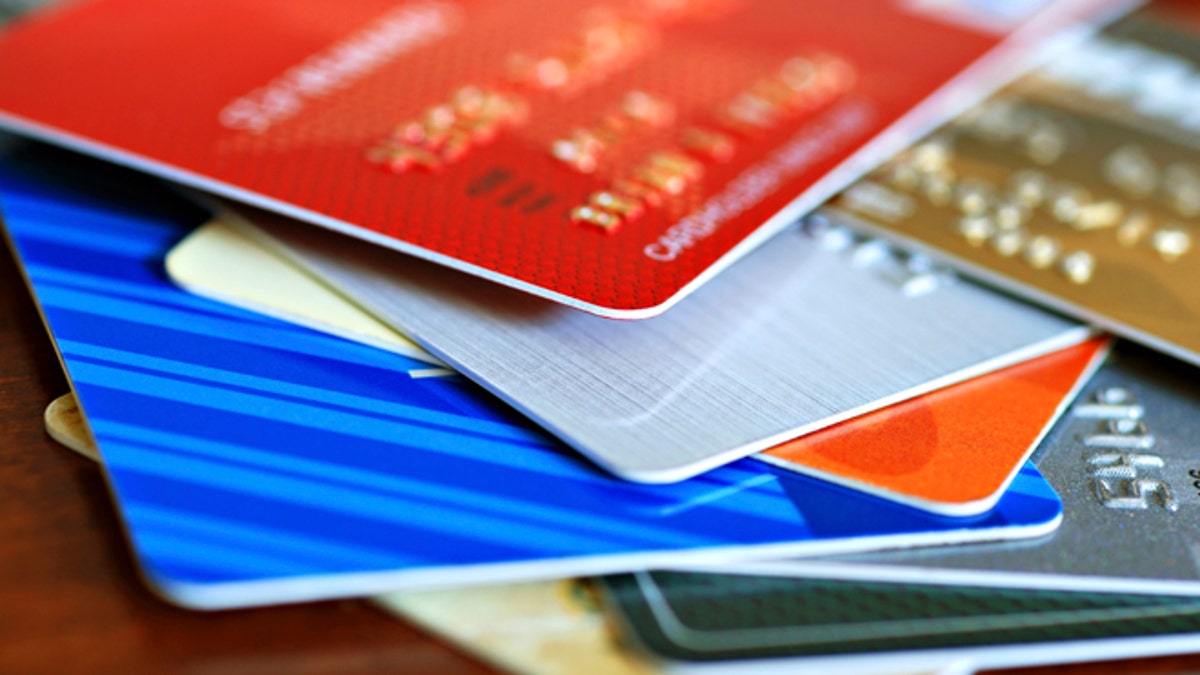Credit card scamming is a new threat in coronavirus outbreak
Credit card scammers are posing a dangerous new threat in the coronavirus era.
Get all the latest news on coronavirus and more delivered daily to your inbox. Sign up here.
Credit card skimming is on the rise as online shopping explodes in the wake of the coronavirus pandemic.
Online shopping has become a lifeline for many Americans, exposing them more than before to online crime like digital credit card skimming.
“While digital skimming has been around for many years, the current COVID-19 pandemic creates a unique situation where more online transactions are getting processed than usual,” Jérôme Segura, Director of Threat Intelligence at Malwarebytes, told Fox News, adding that “many folks [are] learning about shopping online for the first time.”

(iStock)
HACKERS COULD EXPLOIT THE SHIFT TO WORKING FROM HOME, EXPERTS SAY
Digital credit card skimming happens when malware is injected into a shopping payment page with the goal of stealing credit card information. This is different from the older method where criminals use physical card skimmers hidden within, for example, ATM credit card readers.
One of the more infamous cases of digital credit card skimming happened in 2018, when the data from 380,000 cards was stolen from the British Airways site. This was attributed to Magecart, an umbrella term that covers numerous distinct cybercriminal groups, according to RiskIQ.
Fast forward to March 20 of this year, when Malwarebytes uncovered a credit card skimming campaign on the popular Tupperware site.
The official Tupperware site was compromised “by hiding malicious code within an image file that activates a fraudulent payment form during the checkout process,” according to a blog post from Segura. The malicious file was later removed by Tupperware.
“As a consumer, there is usually little to no indication that the site you are about to enter your credit card details into is unsafe. This is a bonanza for criminals who can expect a higher yield from the stores they have already compromised,” Segura told Fox News.
TOP CORONAVIRUS SCAMS TO BE AWARE OF
Tupperware said it is responding to the threat.
“Tupperware recently became aware of a potential security incident involving unauthorized code on our U.S. and Canadian ecommerce sites,” the company told Fox News in a statement.
“As a result, we promptly launched an investigation, took steps to remove the unauthorized code, and a leading data security forensics firm was engaged to assist in the investigation. We also contacted law enforcement.”
There are things you can do to minimize the risk and practice safe online shopping, Segura said.
- Avoid entering your payment information into too many different sites. Instead, try to stick to one or two major portals that already have that data stored in your account profile.
- Use antivirus software that offers web protection.
- Check your bank and credit card statements on a regular basis.
CLICK HERE FOR COMPLETE CORONAVIRUS COVERAGE
As of Thursday morning, more than 952,000 coronavirus cases have been diagnosed worldwide, including more than 216,000 of which are in the U.S., the most impacted country on the planet.









































